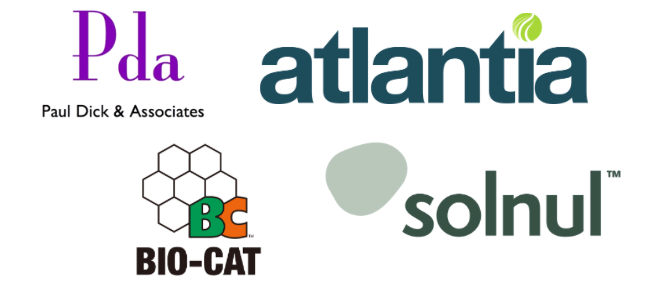The Market and Regulatory Environment for Pet Supplements in Canada
An article by Lauren Carde, VP Operations and Regulatory Affairs at Paul Dick & Associates Ltd.
The pet supplement market is large and seeing substantial annual growth, largely due to increased pet ownership, enhanced pet owner attitudes towards the health and longevity of their pets and increased consumer awareness of the health benefits of natural health products/ supplements. In 2022, the global pet supplement market was valued at over $2 B USD and is expected to grow at a Compound Annual Growth Rate (CAGR) of close to 6% between 2023 and 20301. North America has a huge market share, accounting for 45% of the global pet supplement market1, with Canada being approximately one tenth the size of the US market.
While joint health supplements currently account for the largest share of the pet supplement market, the probiotics segment is projected to experience significant growth over the next seven years, growing at a CAGR of 7% over this period2. The global pet probiotics market was valued at $4.3 M USD in 20222. According to the 2020 Canadian Animal Health Institute (CAHI) pet population survey, close to 60% of Canadian households have at least one dog or cat, with the pet dog population estimated at 7.9 M and the pet cat population estimated at 8.5 M3. Therefore, while significantly smaller than the US, Canada still represents a sizeable market for pet supplements.
Canada has a unique regulatory framework for pet supplements (termed Veterinary Health Products, or VHPs, in Canada) in that it has a separate regulatory pathway specific for these types of products. Unlike the US, VHPs/ pet supplements must obtain pre-market authorization from Health Canada’s Veterinary Drugs Directorate (VDD) before they can be legally marketed and sold in Canada. Approved products are assigned a Notification Number (NN) which must be displayed on the product label. This ensures consumers, veterinarians and retail outlets that the product has adhered to all applicable regulatory requirements and has received approval from the regulatory authorities.
In order to obtain an NN, the VHP must adhere to the following requirements:
- All ingredients are found on the List of Permitted Substances and meet the stipulated conditions for the ingredient with respect to target species, route of administration and maximum permitted concentration (if applicable).
- The product is delivered through an eligible route of administration – oral, topical, otic or dental/ periodontal.
- Product claims are limited to promoting, maintaining or optimizing health and wellbeing of the animal.
- The manufacturing practices and quality control systems used to manufacture, package, label, distribute and store the product comply with GMP requirements for natural health products.
- A post-market surveillance program is established for the product where adverse events are recorded and promptly reported to the VDD.
Canada represents an ideal target market for probiotic pet supplement products and Pda routinely works with companies from all over the world to register their VHPs in Canada. Pda is also a Preferred Supplier with the National Animal Supplement Council (NASC). If you are considering the North American market with your pet probiotic/ postbiotic supplement, feel free to reach out to Lauren Carde, Pda’s VP Operations & Regulatory Affairs at lauren.carde@pauldickassociates.com. Pda has a wealth of experience in helping companies bring their products to the US and Canadian markets and would be happy to assist.
References
1- Pet Supplements Market Size & Share Analysis Report, 2030 (grandviewresearch.com)
2- Global Pet Probiotics Market – 2023-2030 (marketresearch.com)
More Member News:
Can resistant starch help with leaky gut? In Solnul’s latest publication they use a combo of microbiome and metabolite data to connect changes in histamine to reductions in histamine-producing bacteria and improvements in gut barrier function. This research underpins new metabolite claims for the prebiotic ingredient including ‘enhances gut barrier function’ and ‘reduces histamine sensitivity’ that brands can utilize. Click here to read the publication.
BIO-CAT Enzymes & Microbials (Shakopee, Minnesota) recently announced study results concluding that Bacillus subtilis MB40 supported innate immunity against Listeria. The study, published in Microorganisms, was completed at Virginia Tech’s School of Animal Sciences in Blacksburg, VA. BIO-CAT sought to understand whether the presence of Listeria could be reduced with oral probiotic supplementation alone. Click here for more information.
ResBiotic partners with Atlantia Clinical Trials to explore the effects of resB® Lung Support on the Gut-Lung-Axis. This study showed that it improved lung function through microbiome-mediated mechanisms along the gut-lung axis in asthmatic population. See the publication here.

